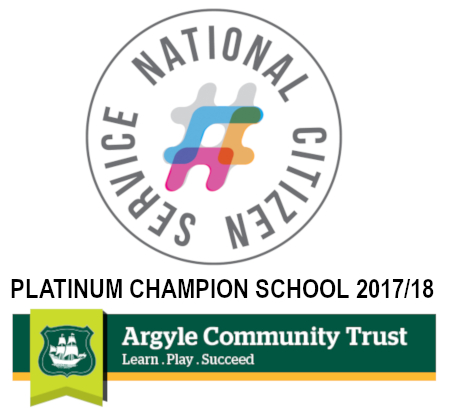Head of Department
Mr D Prideaux, BSc (Hons), PGCE
Statement of Intent
The science curriculum at DHSG is designed to support our learners in their development to become scientifically literate citizens of the 21st century. We aim to engage their curiosity; to help them learn how to ask the right questions about the world around them and the society we live in. We will support them in developing the skills and knowledge required to investigate their questions and then to interpret and critically evaluated the answers they find. We achieve this through the study of the three traditional scientific disciplines of Biology, Chemistry and Physics, all of which are underpinned by practical principles and investigation and will include learning about how scientists work.
We ensure that students have a firm scientific knowledge and skill base to progress with confidence through the Key Stages and finally progress into the wider world with the scientific tools required to pursue their individually chosen further study and future career pathways. We will teach our students how to use mathematics in science and not assume the transference of maths skills whilst ensuring our curriculum is assessable to all.
In Biology, we encourage students to gain a deep appreciation and understanding of living organisms at every level:
- at the cellular level, where the importance of the building block of life, and how it meets the different demands imposed upon them, is studied;
- at the organism level, and how the different organ systems in both plants and animals produce viable organisms that meet the challenges of survival;
- at the ecosystem level, where different organisms interact to produce the complex and interdependent food webs found on Earth today.
This is achieved at each Key Stage:
- Lower years: Adherence to the National Curriculum for Science (Biology);
- Middle years: AQA GSCE Biology or AQA Combined Sciences Trilogy (Biology);
- Upper years: OCR Biology A.
A Level Course Outline
A stimulating and enjoyable course that includes
opportunities for practical activities, both in the laboratory and on fieldwork. The syllabus includes consideration of examples from the development of biological principles through to the most modern gene technologies. The OCR Specification follows on from GCSE Biology or GCSE Triple Science and will build on knowledge, understanding and skills to prepare students for scientific careers.
Higher Education and Career Opportunities
Biology is an essential entry requirement for courses such as Medicine, Veterinary Science, Ophthalmology, Biomedical Sciences, Dentistry, Microbiology, Biological Sciences, Environmental Sciences, and Nursing. It also leads onto Teaching, Sport and Leisure, and Physiotherapy.

Course Content
|
Examination Board |
OCR |
Full details of the specification and assessment criteria can be found on the OCR website |
|---|---|---|
|
In terms of the course content there are four modules for the AS version of the course and six for the A Level, as listed below. All modules are assessed in the summer via a written examination with a practical endorsement for the A Level version of the course. The AS content is also covered in the A Level content and allows for co-teaching. |
||
|
AS Level |
Unit 1 |
Breadth in Biology – 50% |
|
|
Unit 2 |
Depth in Biology – 50% |
|
A Level |
Unit 1 |
Biological processes – 37% |
|
|
Unit 2 |
Biological diversity – 37% |
|
|
Unit 3 |
Unified Biology – 26% |
|
|
Unit 4 |
Practical Endorsement – Reported separately |
Curriculum Programmes of Study
|
Year |
Cycle | Content |
|---|---|---|
|
Year 12 |
Cycle 1 14 weeks
|
The basic components of living systems |
|
Cycle 2 |
The cell cycle |
|
|
Cycle 3 |
Classification and phylogeny |
|
|
Year 13
|
Cycle 1 |
Review Ecology and energy flows |
|
Cycle 2 11 weeks |
Blood glucose control |
|
|
Cycle 3 4 weeks |
Tropisms in plants |










